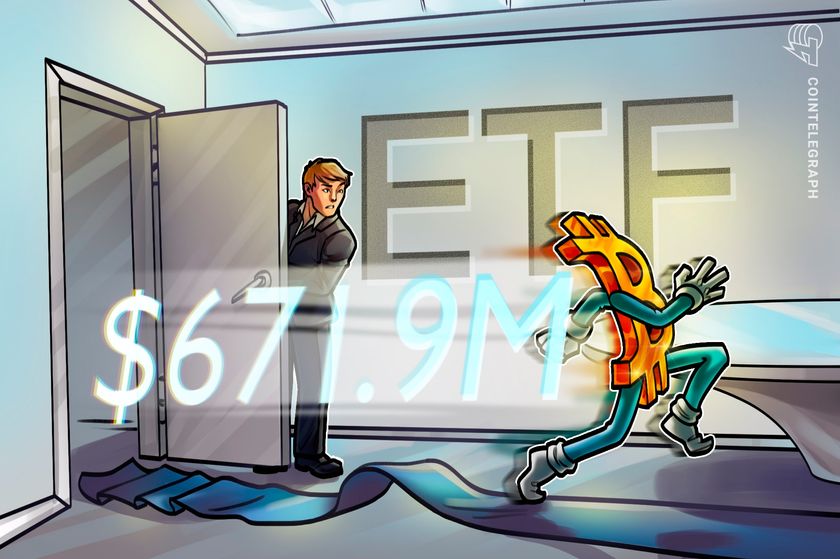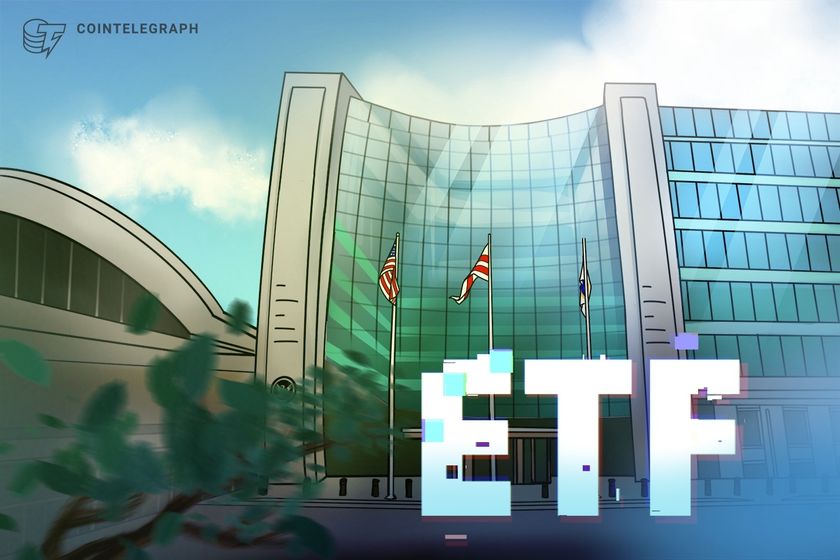
Binance Staking completes initial phase of Terra 2.0 airdrop as ecosystem issues persist

About 70% of tokens are held in escrow and will be vested starting later this year.
On Tuesday, cryptocurrency exchange Binance said it completed the first stage of airdropping new Terra Luna (LUNA) tokens to holders of Terra Luna Classic (LUNC), TerraUSD (USTC) and AnchorUST (aUST).
The distribution was based on “pre-attack” and “post-attack” snapshots of token holders taken at LUNC block height 7,544,910 at 14:59:37 on May 7, 2022 UTC and block height 7,790,000 at 16:38:08 on Thursday, respectively. As told by Binance, users received new LUNA tokens based on the compensation scheme outlined by Terra developers:
- Pre-Attack 1 aUST = 0.01827712143 LUNA
- Pre-Attack 1 LUNC = 1.034735071 LUNA
- Post-Attack 1 USTC = 0.02354800084 LUNA
- Post-Attack 1 LUNC = 0.000015307927 LUNA
At the pre-attack time, one aUST had a value of $1.24 while one LUNC was worth approximately $75. At the post-attack time, one USTC and one LUNC were worth $0.0632 and $0.0001434, respectively. At the time of publication, each LUNA token is worth $9.25. Regardless of timestamp, approximately 30% of LUNA tokens were distributed on the spot, while the remaining 70% will be distributed monthly in a vesting schedule starting later this year, in accordance with Terra’s reformation plan.
Additionally, users who staked their USTC via Binance Staking pre-attack were also eligible for the airdrop. As it turns out, users’ USTC assets were staked on-chain, with aUST as the yield-bearing token. Binance launched USTC staking only a month prior and ended the program shortly after the implosion of the Terra Luna Classic ecosystem.
Related: Luna Classic pricing error leads to Mirror Protocol exploit
Despite the successful airdrop on Binance, it appears that the token distribution did not go as smoothly as expected for crypto enthusiasts holding Terra assets in self-custodial wallets. Terra developers said that some users received less LUNA than expected from the airdrop and are actively working on a solution. The same day, a LUNC pricing error appears to have caused another exploit that potentially drained Mirror protocol, which is built on Terra, of all its funds.
Go to Source
Author: Zhiyuan Sun









